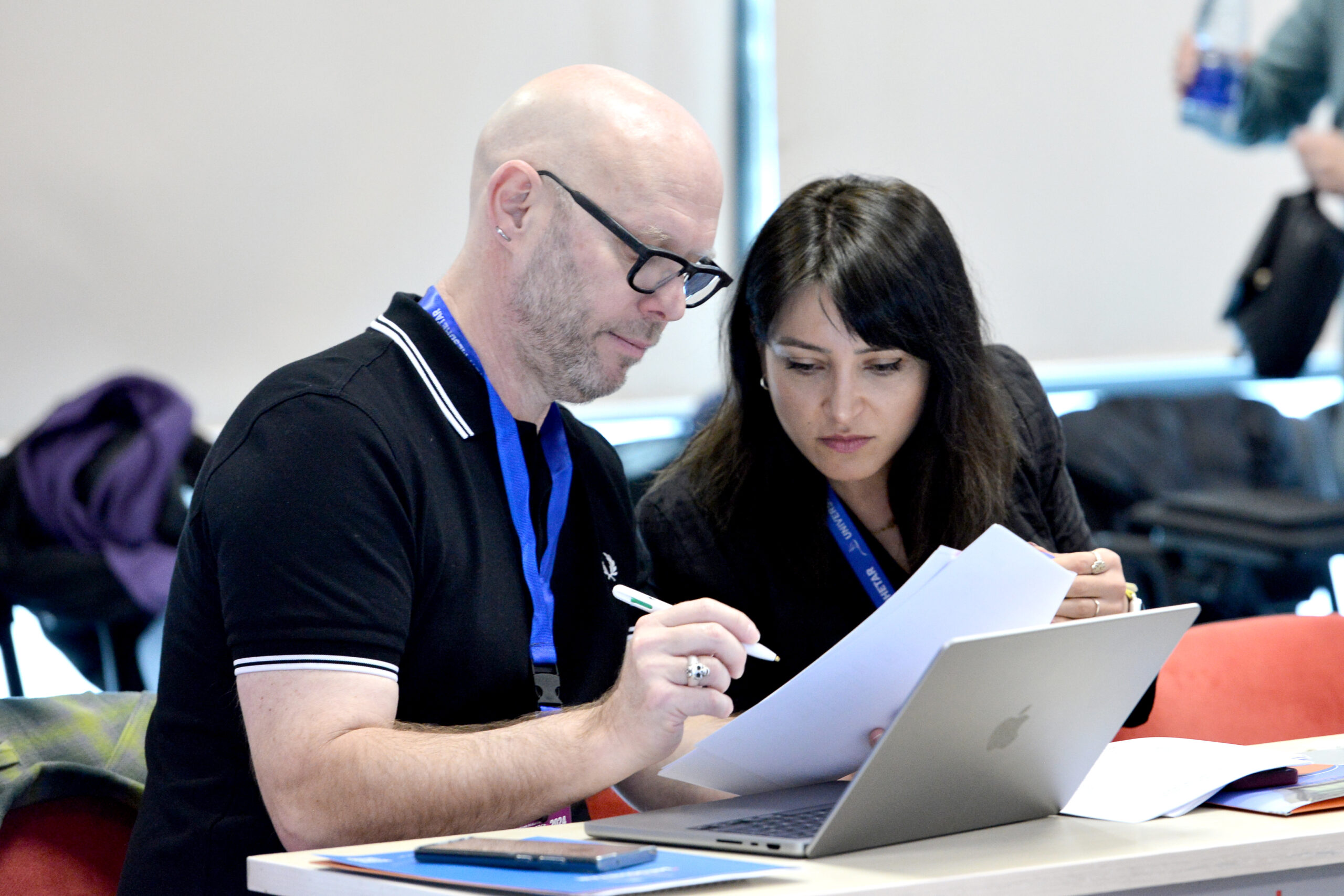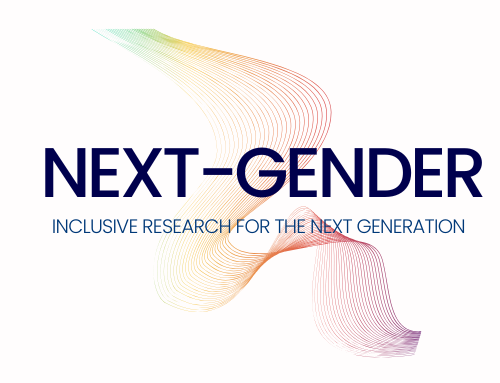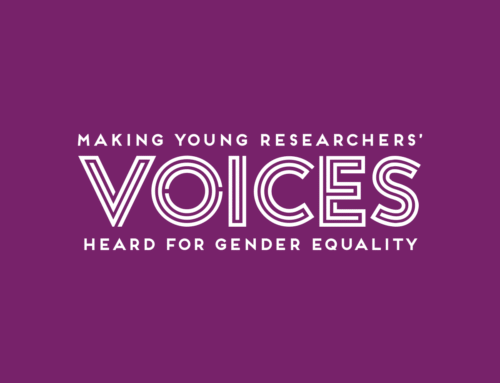This year’s VOICES Annual Conference has brought together participants from many different countries in the Mediterranean University of Albania (Tirana), who have engaged in intensive debates under the theme of Gender Based Violence in Higher Education. Now that the curtain has fallen, we have interviewed Elif Kaya and Philippe Liotard, WG4 Co-leaders and organizers, and asked them on the main take home messages from these days of extraordinary exchange.
1 – What is the final assessment of the event?
Elif: Having conference in one of the ITC countries was very efficient for the participants from these countries. Hearing from researchers of ITC countries on the institutional culture, gender-based violence, and sexual harassment was very helpful to see the whole picture. We have had very fruitful discussions within the sessions, mostly discuss what has been done and what is really needed. Thus, the second step of our conference in Lyon is going to mostly concentrate on “implementations”.
Philippe: As Elif said, it was important for us to organize this conference in Tirana. The great number of participants coming from Albania of course, but also from Kosovo, Montenegro, Moldova, Turkey, Bulgaria, Portugal, Cyprus, Romania, Slovakia, Lithuania and other Inclusiveness Target Countries is a real encouragement to VOICES and to the gender-based and sexual harassment studies. The presentations and the workshops showed a real and shared desire to deepen their understanding in order to tackle gender-based violence in higher education. The other assessment is the will of implementation, the need of sharing good practices and efficient process and the determination of working together in a supportive European network that VOICES embodies.
2 – What was the central theme of the Conference and why was it chosen?
Elif: It was “Preventing Gender Based Violence in Higher Education”, which is one of the main working titles of our working group (WG4). Also, we wanted to provide a safe space for participants to discuss these difficult and controversial issues.
Philippe: The central theme has been chosen to bring together knowledges and experiences about gender-based violence in higher education at an European level. The idea was to go-beyond the gender Equality Plans, in order to share issues, difficulties on the one hand but also, on the other hand, good practices which facilitate systemic institutional and structural change. The main question was quite simple: how can we transform university into a safe place for women, for sexual and gender minorities and for all vulnerable people? The answer, as we saw, is not as simple.
3 – What was the main objective of this conference?
Elif: It was coming together to see policies, regulations, and implementations in the EU and ITC countries as much as hearing from the researchers in the field; findings, challenges, and obstacles. Coming together and discussing these all was very helpful to understand the situation in ITC countries compare to the EU countries.
Philippe: Exactly. But Tirana was also the first step of a larger event which will end in Lyon, France, where will be held a second conference in November 2024. One of the objectives of Tirana’s conference has therefore been achieved: we are able to identify the main issue of the second conference, which will focus on the implementation of sexual harassment and gender-based violence prevention policies.
4 – What were the most outstanding aspects of these days?
Elif: As Philippe just said, we are able to plan the next step. But Tirana’s conference showed that:
- All countries have different levels of responses to GBV and sexual harassment, and we can use different frameworks to design gender-based violence policies.
- Policies and regulations are important, but we already know that there are useful tools introduced by institutions such as UniSAFE research, for example.
- Institutional culture is significant to create a consent culture in higher education and cope with GBV and sexual harassment.
- Implementation is the most important part to deal with the issue.
5 – You talked about a second part in France, what will it consist of?
Elif: It is planning to be a bigger event with more participants, sessions and stakeholders. The first part was a good start to see what is needed in the second part both in terms of content, and facilities. I leave the rest to Philippe, as he knows better about the second part.
Philippe: Thank you Elif. Yes, the second part will be a real co-organization. The cost-action VOICES will work closely with the French Standing Conference of Equality-Diversity Officers of Higher Education (CPED) from which I am the current president. One of the consequences is that we will gather the different stakeholders working on gender-based violence and sexual harassment in Higher Education: the French Ministry of Higher Education, different NGOs and institutions, students associations, etc. We will be in a perfect configuration to work on the implementation of gender-based violence and gender discrimination policies. It will be the rendez-vous for the european inventory of concrete actions.
6 – Is there anything else you would like to comment on the event?
Elif: Overall, it was a very nice gathering full of good papers and fruitful discussions. Not only the ongoing discussions on the conference topic was very satisfying but it was also great to discuss about the second step of conference in Lyon with the colleagues face to face, knowledge exchange and brainstorming during the conference and both in the MC and working group meetings were also very practical.
Philippe: As usual, we experienced the most enjoyable part of VOICES: people from different countries, working together in a collective, collaborative and non-hierarchical process for the common interest of equality. We would also like to thank the local host, Gilda Hoxha, for her warm welcoming in Tirana.




